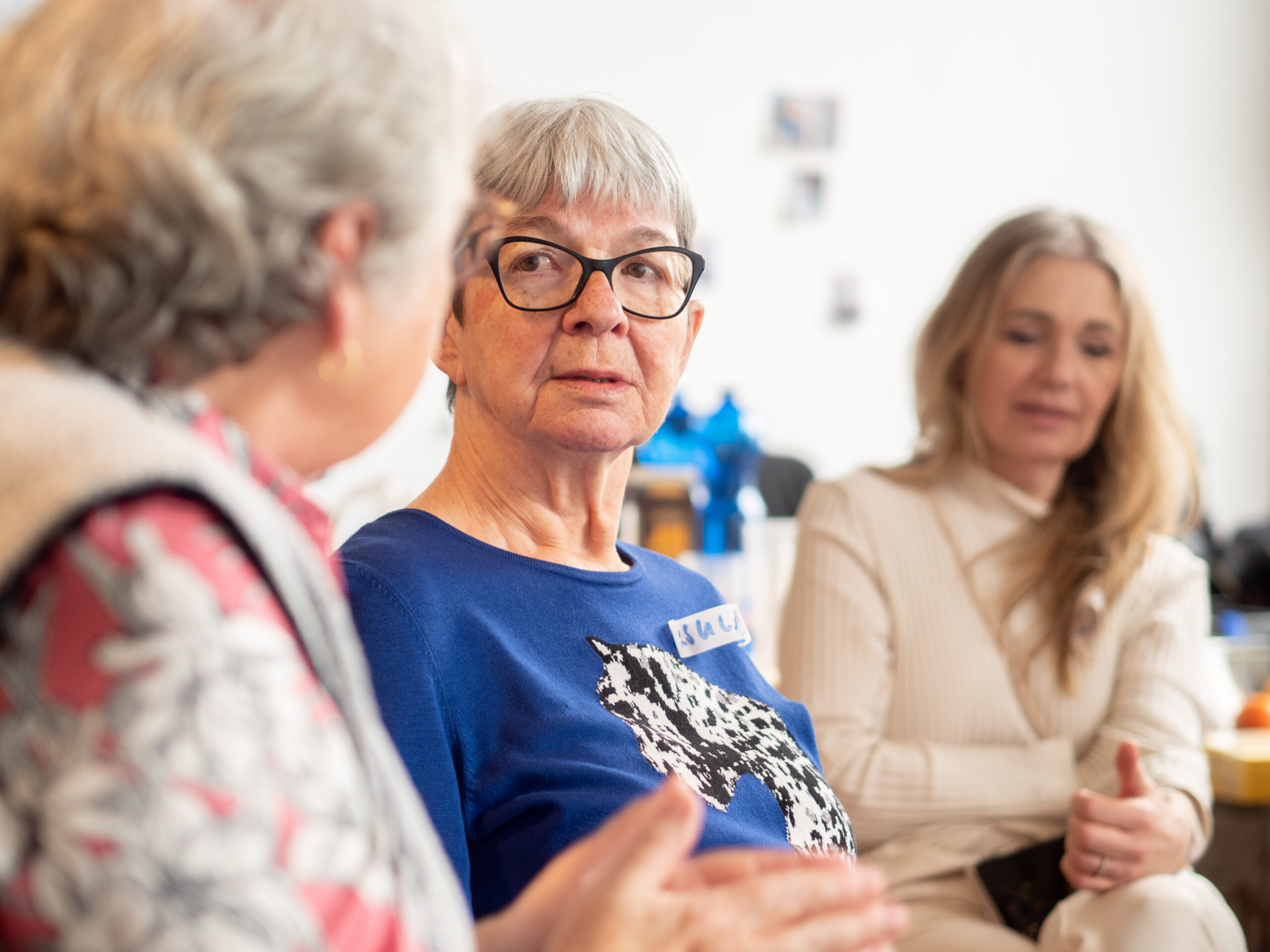How to assist older people suffering from dementia?
Assisting older people suffering from dementia requires understanding, patience, and a person-centered approach. Here are some guidelines to help support individuals with dementia.
Establish a Safe and Supportive Environment
- Remove hazards and ensure a clutter-free living space to reduce confusion and promote safety.
- Install locks or alarms on doors and windows to prevent wandering.
- Use clear signage or labels to help individuals locate essential areas, such as the bathroom or bedroom.
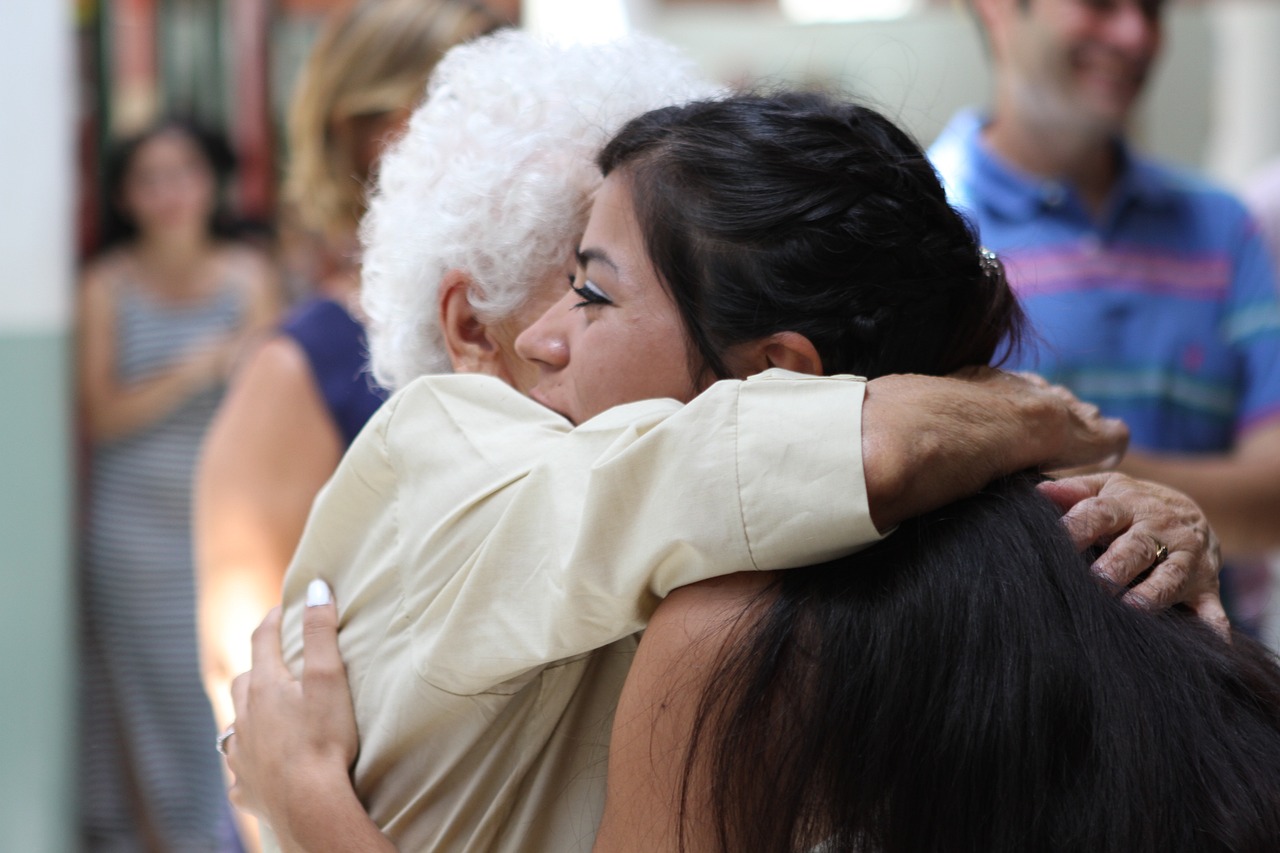
Effective Communication
- Use simple and concise language, speaking slowly and clearly.
- Maintain a calm and reassuring tone of voice, and make eye contact while speaking.
- Use non-verbal cues, such as gentle touch or facial expressions, to convey warmth and understanding.
Promote Independence and Engagement
- Encourage individuals to engage in familiar activities they enjoy, such as hobbies, puzzles, or listening to music.
- Break down tasks into manageable steps and provide gentle guidance as needed.
- Allow for decision-making and choice when possible, empowering individuals to maintain a sense of control.
Establish a Consistent Routine
- Maintain a predictable daily routine to provide structure and reduce anxiety.
- Plan activities, meals, and rest times at consistent intervals to help individuals feel secure and oriented.
- Ensure adequate rest and sleep to support overall well-being.
Provide Visual and Written Support
- Use visual aids, such as large, clear signs or pictures, to help individuals navigate their environment.
- Create a memory box or display with familiar objects or photographs to trigger positive memories and stimulate conversation.
Assist with Daily Living Activities
- Provide gentle reminders and cues for daily activities, such as personal hygiene, meal times, and medication management.
- Break down tasks into step-by-step instructions and offer assistance as needed, maintaining dignity and respecting privacy.
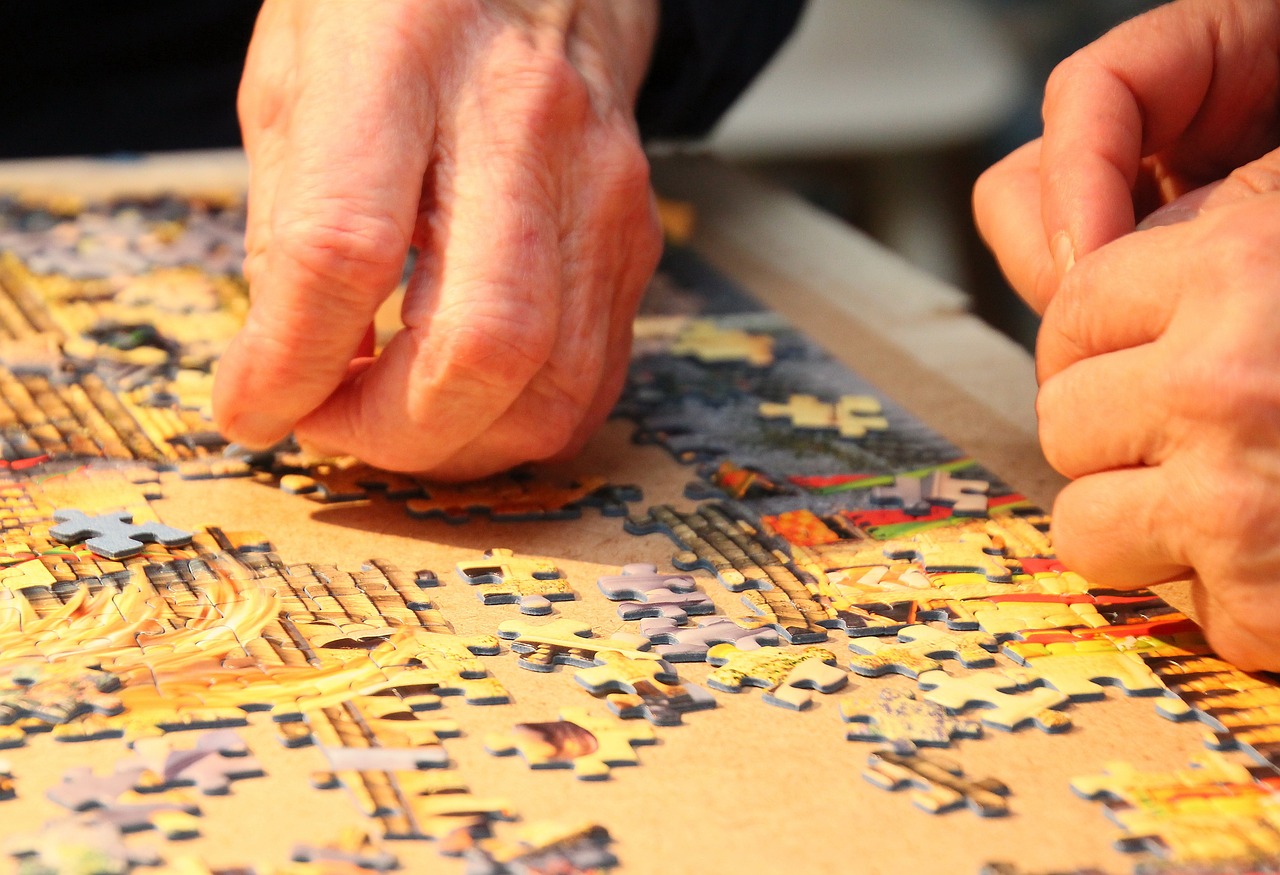
Foster Social Interaction and Connection
- Encourage socialization with family members, friends, and support groups.
- Arrange visits or engage in activities that promote interaction, such as group games, reminiscing sessions, or outings to familiar places.
Seek Support and Education
- Educate yourself and family members about dementia to better understand the condition and its challenges.
- Seek support from healthcare professionals, dementia support organizations, or caregiver support groups for guidance and assistance.
Practice Self-Care
- Caring for individuals with dementia can be emotionally and physically demanding. Take care of your own well-being by seeking respite, practicing self-care activities, and seeking support from others.
Remember, every individual with dementia is unique, and their needs may evolve over time. Regularly assess their abilities, preferences, and limitations to adapt your approach accordingly. With compassion, patience, and appropriate support, you can make a significant difference in the lives of older people suffering from dementia, enhancing their well-being and quality of life.
Insightful feedback on elderly smartphone users’ needs and concerns during co-creation workshop in Zurich
3rd co-creation session was organized in the facility of IAF in Zurich. A bunch of new impressions and comments were delivered during the workshop which aimed to list improvements to be made in the Easierphone app. It also brought a new perspective on adult users’ needs regarding the use of smartphones.
IAF team gathered a group of seniors to test all Easierphone modules and ask in-depth questions about general impressions, concerns, and specific situations when the modules could be useful as well as answer many questions, especially regarding privacy policy and safety factors.
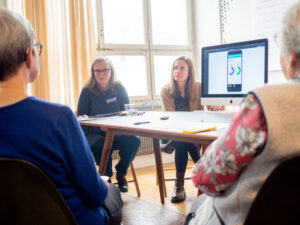
Attendees were curious about how the movement tracking module is working and what kind of information will be available for the caregiver. What is important, Easierphone occurred to be useful for people suffering from dementia. A tracking module with remote assistance can help follow a wandering person when one is lost. It can be also supported by the “Emergency” button to immediately inform the dedicated person when a dangerous situation happens and immediate help from the assistive person is needed.
Participants of the session also raised up an issue on personal data access by the person who will remotely support the elderly user. It is important to mention that the consent form will be clearly formulated to avoid the situation when the user doesn’t know to which data the assistant will have access.
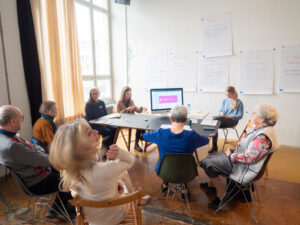
Overall, the Easierphone apps were assessed positively as a needed tool for an elderly person. Security of personal data and safety in daily usage were the most important issues for IAF’s early users. The Easierphone team will put attention, especially to these aspects of the solution before it will be introduced to the market.
Want to test the app and become an early adopter? Contact us:
